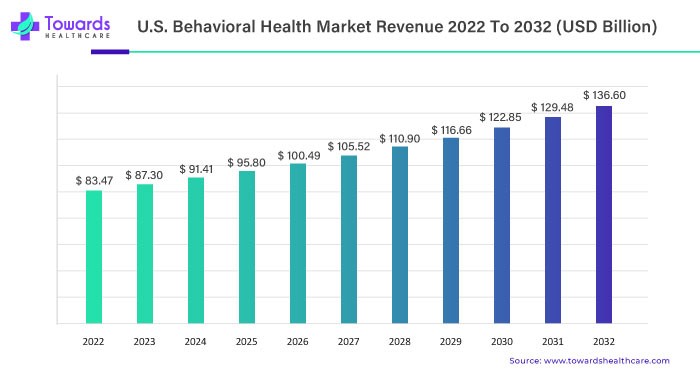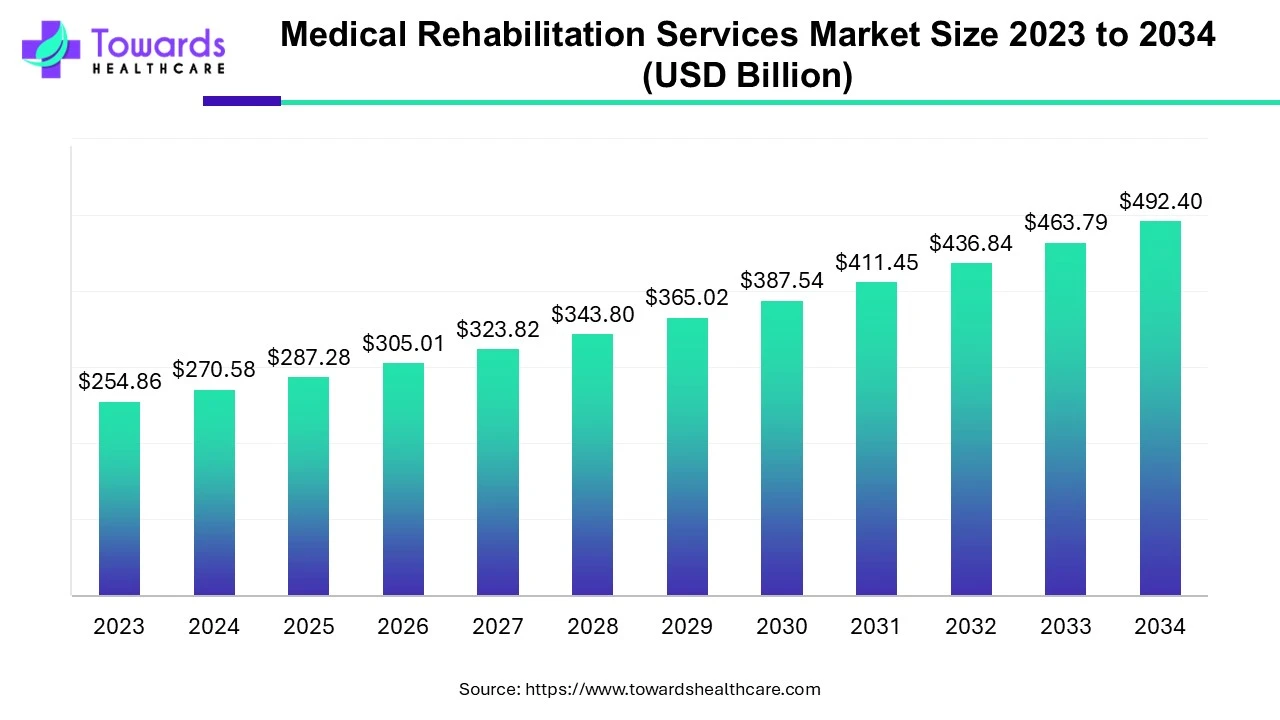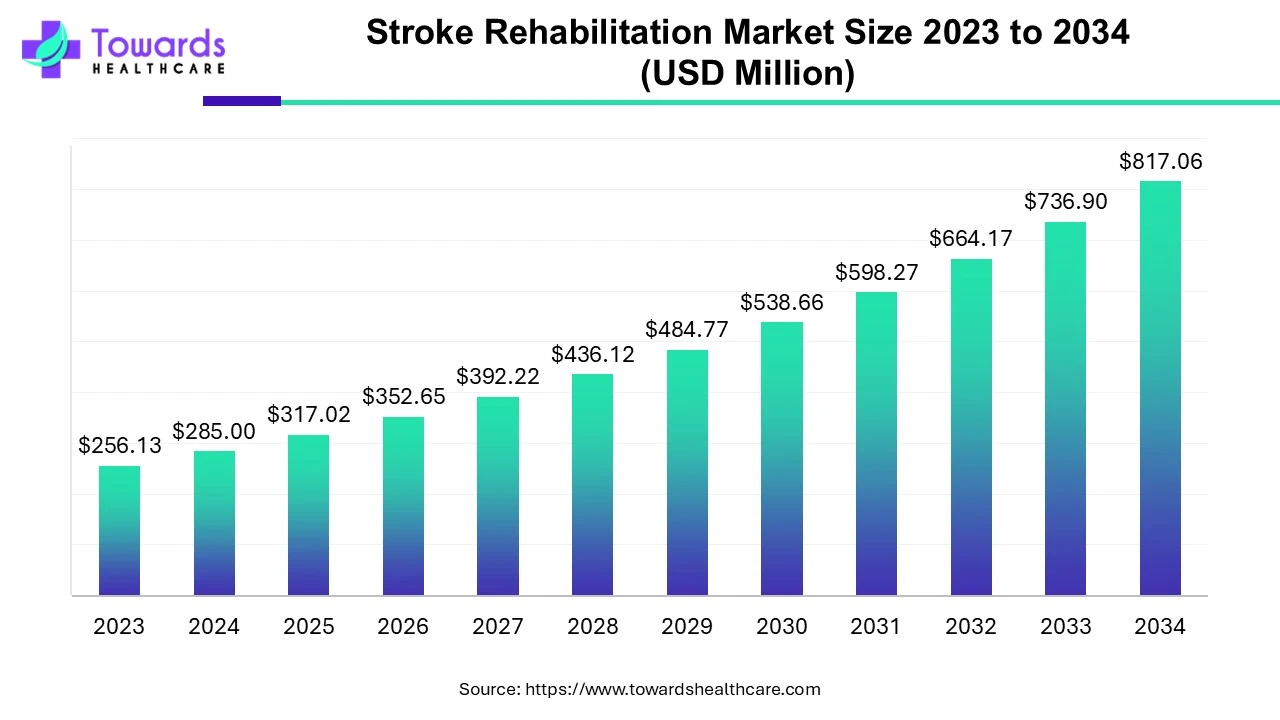Growth and Trends in the U.S. Behavioral Health Market (2023 – 2032)
In 2022, the U.S. behavioral health market was valued at $83.47 billion. The market is forecasted to grow at a compound annual growth rate (CAGR) of 5.1%, reaching an estimated $136.60 billion by 2032.

Download statistics of this report @ https://www.towardshealthcare.com/download-statistics/5007
The Impact of COVID-19 on the U.S. Behavioral Health Market
Behavioral health conditions, including drug abuse and mental illnesses, were significantly affected by the COVID-19 pandemic in 2020 and 2021. The pandemic’s widespread disruption intensified mental health challenges, increasing both physical and mental health issues across the country.
Mental Health Challenges During the Pandemic
The COVID-19 pandemic and the resulting economic downturn negatively impacted the mental well-being of many Americans. For individuals already struggling with mental health or addiction, the pandemic introduced even greater hurdles. Reports indicate that 4 in 10 U.S. adults experienced symptoms of anxiety or depression during the pandemic, a sharp increase from the 1 in 10 reported before the crisis, between January and June 2019.
A Kaiser Family Foundation (KFF) survey conducted in July 2020 highlighted specific effects of the pandemic on mental health. These included difficulty sleeping (36%) and eating (32%) due to stress, increased use of alcohol or substances (12%), and worsening of chronic health conditions (12%). Public health measures, such as lockdowns and isolation, further exacerbated these mental health struggles.
Substance Use and Mental Health Disorders
Concerns around mental health and substance use escalated during the pandemic. By early 2021, 41% of people reported symptoms of anxiety or depression, a trend consistent since early 2020. A June 2020 survey revealed that 13% of respondents had increased their substance use due to pandemic-related stress, while 11% reported contemplating suicide in the prior 30 days. The pandemic also contributed to a surge in drug overdose deaths, which rose significantly between March and May 2020 as lockdowns began.
Social isolation, a key factor during the pandemic, has long been linked to poor mental and physical health. Research shows that loneliness increases the risk of chronic conditions and can even shorten life expectancy. A March 2020 KFF poll found that individuals who followed stay-at-home orders were more likely to report negative mental health effects due to pandemic-related stress or fear.
Long-Term Behavioral Health Outlook
The effects of the pandemic on mental health and substance use are likely to persist long after the immediate crisis. Historical data indicates that the psychological impacts of disasters often outlast their physical consequences. For example, healthcare workers have reported distress for up to three years following previous outbreaks. The economic downturn linked to the pandemic is also expected to contribute to “deaths of despair” from suicide and substance abuse through at least 2027.
To address this prolonged demand, policymakers must consider strategies to expand access to mental health and addiction services, even as COVID-19 cases decline.
The Role of Telehealth
The pandemic accelerated the adoption of telehealth for behavioral health services. Virtual care has emerged as a key solution, providing broader access to therapy and addiction treatment. Telehealth programs, such as the Eastern Shore Mobile Care Collaborative in Maryland, have improved care for opioid use disorder in rural areas.
Rise of Digital Behavioral Health
The crisis also drove innovation and investment in digital behavioral health. Searches for “virtual mental health” surged after early 2020, and studies found that about one in five COVID-19 patients received a diagnosis of conditions like anxiety, depression, or insomnia within three months of infection.
This shift toward digital care attracted significant funding, with behavioral health companies raising nearly $1.6 billion in 2020. This marked a 47% increase in investment by the end of 2020 compared to the previous year, highlighting the sector’s rapid growth despite pandemic-related challenges.
Access exclusive insight now @ https://www.towardshealthcare.com/price/5007
We’ve prepared a service to support you. Please feel free to contact us at sales@towardshealthcare.com
Web: https://www.towardshealthcare.com
Visit Dental Specifics: https://www.towardsdental.com
Get the latest insights on industry segmentation with our Annual Membership: Get a Subscription
For Latest Update Follow Us: https://www.linkedin.com/company/towards-healthcare


